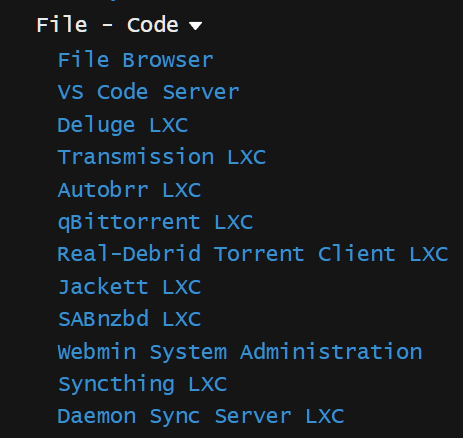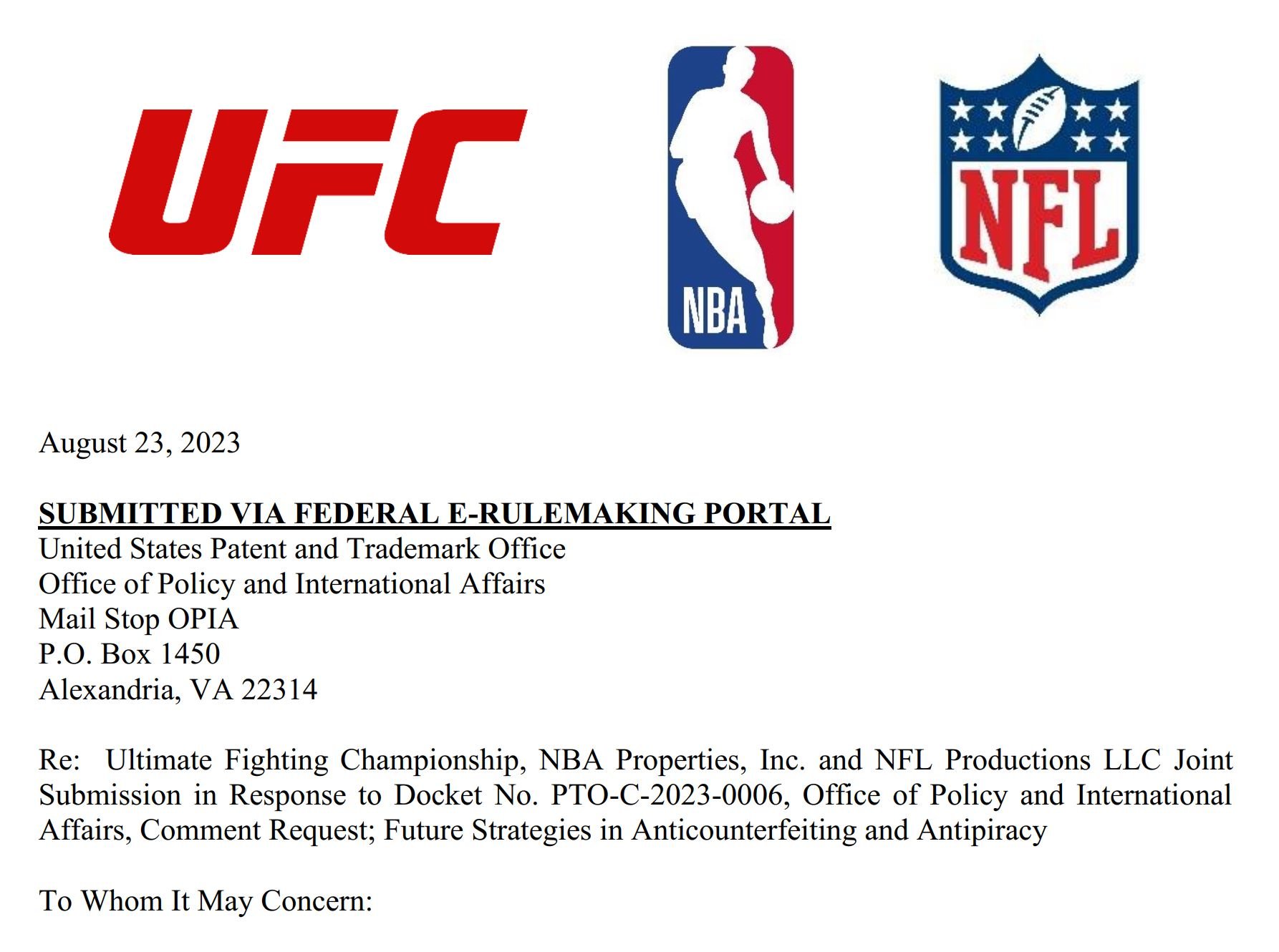-
chevron_right
Hollywood’s Latest Pirate Site Blocking Injunction Covers ‘Future Content’
news.movim.eu / TorrentFreak · Thursday, 7 September, 2023 - 07:37 · 3 minutes
 Like many other countries around the world, India’s copyright law allows rightsholders to limit access to pirate sites.
Like many other countries around the world, India’s copyright law allows rightsholders to limit access to pirate sites.
This legal tool is widely used by the major Hollywood studios. These companies regularly obtain injunctions that require local Internet providers to block websites to prevent piracy.
Over the years the nature of these court orders has evolved. The initial measures were straightforward, in the sense that they pointed out specifically which domains should be blocked. These later evolved into ‘dynamic’ versions, allowing rightsholders to add new domains and proxies whenever they are launched.
These dynamic orders are justified to deal with persistent pirate sites, which are regularly referred to as a “hydra-headed” problem; when one domain is blocked, many others take its place.
Preemptive Blocks and Registrar Action
The Indian courts are not stopping at dynamic blocking orders either. In several instances, Internet providers have been instructed to block websites because they might make infringing works available in the future.
For example, last year forty Internet providers were instructed to block a total of 13,445 ‘pirate’ sites that were expected to distribute pirated copies of the Hindi movie “Vikram Vedha.” A few months ago, a similar order was used to block “Spider-Man” piracy , before it took place.
Blocking injunctions are no longer applied solely to Internet providers. Domain name registrars have been added as well, including U.S. companies such as GoDaddy, Namecheap and Tucows. If these don’t take action, the Indian Government gets involved .
Dynamic+ Action Covers Non-Existing Works
The nature of these injunctions continues to evolve and a recent order handed down by Justice Pratibha M Singh of the Delhi High Court, adds yet another novel element to the mix.
The case at hand was filed by Warner Bros, Columbia Pictures, Netflix Studios, Paramount Pictures, and Disney. The entertainment companies request ISPs and domain registrars to block or ban sixteen pirate sites, including DotMovies, Tamilvip, KissAsian, PopMovies and 9xFlix.

The Delhi High Court granted this request, which is nothing out of the ordinary. However, it also adds a new element. In addition to applying to current movies and series, it also covers content that doesn’t exist yet.
“To keep pace with the dynamic nature of the infringement that is undertaken by hydra-headed websites, this Court has deemed it appropriate to issue this ‘Dynamic+ injunction’ to protect copyrighted works as soon as they are created,” the order reads.
The Court notes that this will help to prevent irreparable losses “as there is an imminent possibility of works being uploaded on rogue websites or their newer versions” as soon as new films and series are created.
“Copyright in future works comes into existence immediately upon the work being created, and Plaintiffs may not be able to approach the Court for each and every film or series that is produced in the future, to secure an injunction against piracy,” the order adds.
Questions and Concerns
Dynamic injunctions were initially issued as an exception, but some legal scholars wonder whether these are slowly become the new normal. The Indian law blog SpicyIP has several articles on the subject and also discusses this latest order.
According to law student Reva Satish Makhija, one of the concerns is that ownership of new content is automatically assumed. This means that a resource is blocked before the counterparty can dispute the claim.
“The Delhi High Court’s attempt at securing the plaintiff’s rights from the possible, anticipated infringement at the hands of the defendant is well-meaning but requires more deliberation in the context of its efficacy in balancing party interests,” Makhija writes .
It’s not immediately clear whether this new expansion will have a broad impact right away. While it may be useful to block new sites that only offer fresh content, the current injunctions already appear to be quite effective.
Perhaps the Delhi High Court is trying to create its own hydra-headed injunction scheme? If one order isn’t effective, it can simply issue new ones to ensure that pirate sites are dealt with appropriately.
—
A copy of the Dynamic+ injunction issued by Justice Pratibha M Singh of the Delhi High Court is available here (pdf)
From: TF , for the latest news on copyright battles, piracy and more.






 Online piracy is a complex and constantly evolving phenomenon that fuels the daily reporting on this website.
Online piracy is a complex and constantly evolving phenomenon that fuels the daily reporting on this website.







 For many people, Google is the go-to starting point when they need to find something on the web. With just a few keystrokes, the search engine can find virtually anything.
For many people, Google is the go-to starting point when they need to find something on the web. With just a few keystrokes, the search engine can find virtually anything.



 Artificial intelligence has the potential to make our lives more efficient, entertaining, and productive. There are potential downsides as well.
Artificial intelligence has the potential to make our lives more efficient, entertaining, and productive. There are potential downsides as well.

 The UFC, NBA and NFL are without a doubt among the most recognizable sports brands in the world.
The UFC, NBA and NFL are without a doubt among the most recognizable sports brands in the world.
